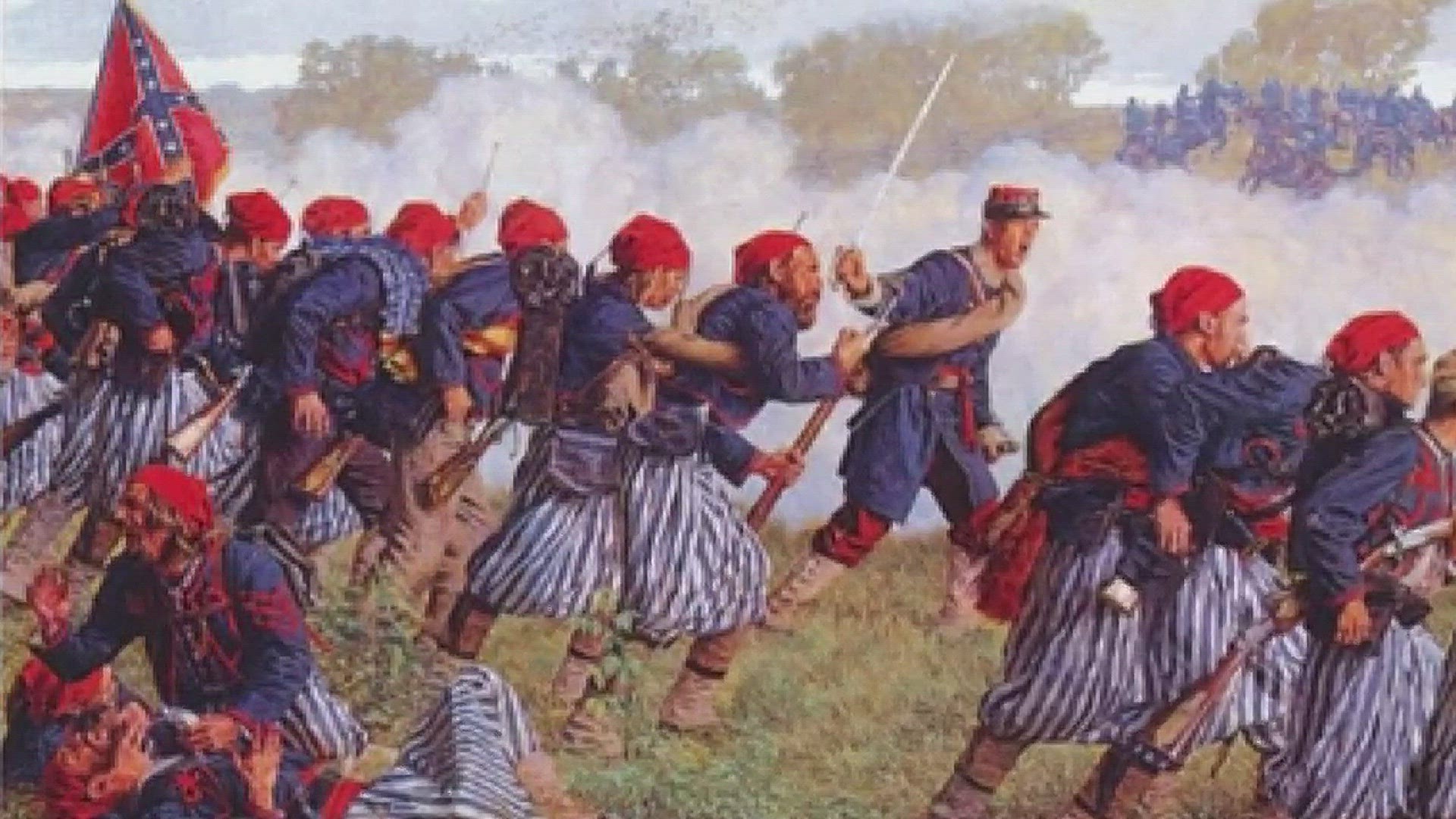NEW ORLEANS -- You may have seen a petition circulating on social media aimed at getting LSU to change their mascot.
The Change.org headline reads “Change the racist mascot of LSU," and goes on to say “these powerful white males choose the Tiger as a symbol to honor a confederate regiment called Louisiana's Tigers. They were known for their propensity for violence on and off the battle field. They were just as violent to the black slaves they owned, and later even more violent once those slaves were set free."
Is there any truth to that statement? We started our search for answers at LSU.
Media Relations Director Ernie Ballard told us that the university is aware of the “largely anonymous petition suggesting the university change the mascot.”
“The tiger mascot was adopted in the 1890's by the football team and was selected based on lore about the battlefield ferociousness of a Louisiana regiment operating in Northern Virginia,” Ballard confirmed.
But as for the alleged "propensity for violence off the battlefield" or their alleged ownership or treatment of slaves before or after the war? Ballard says "there is no information about soldiers' conduct outside of the battlefield accounts."
A 2015 Times-Picayune article sheds a little more light. Terry Jones, then a UL-Monroe history professor and author of "Lee's Tigers," a book about the regiment, is quoted as saying "by all accounts the Louisiana Tigers were an infamous bunch of rough-housers. Their ranks consisted mostly of ruffians, poor immigrant farmers and mercenaries from foreign wars."
So, while we can verify that the LSU Tigers are named after a Confederate regiment, their alleged ownership and notoriously violent treatment of slaves needs to be backed up before it can be taken seriously.
And there's one more thing we can verify: LSU said very bluntly that they are “not considering changing the mascot."

